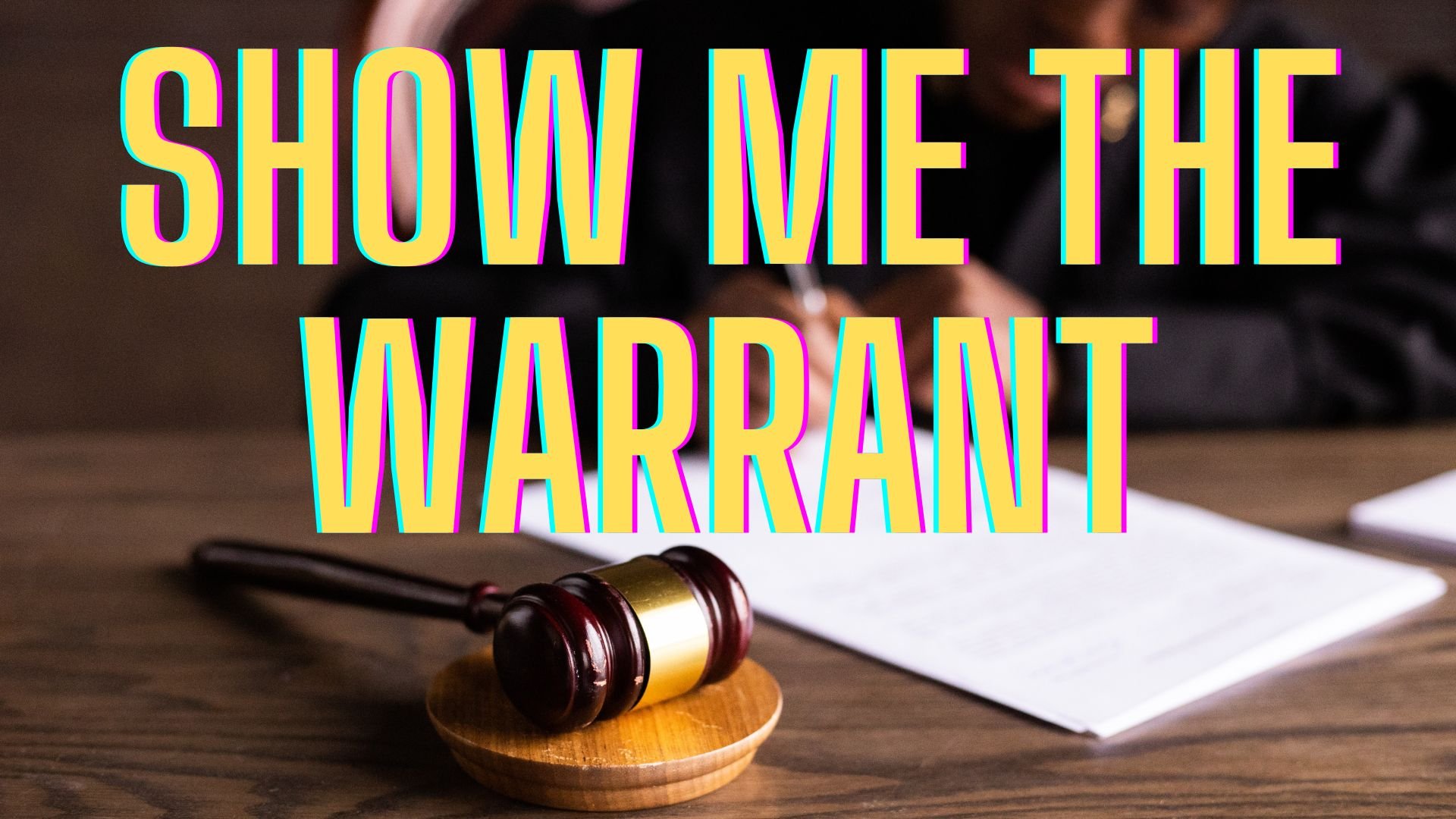Why Can’t We See a Copy of the Trump Mar a Lago FBI Search Warrant or the Search Warrant Application?
When momentous news breaks, I like to go looking for original documents so I can see for myself, rather than just relying on what reporters have to say. I’ve got one of those skeptical type minds that leads me to question whether people know what they’re talking about - especially when it comes to technical legal matters.
Naturally, I’ve searched high and low, and have been unable to locate any copies of the Trump/FBI/Mar-a-Lago warrant floating around out there on the inter-tubes.
Long story short: search warrants, and the applications/affidavits supporting them, are not necessarily “public information.”
In federal court, as explained by the 4th Circuit in Baltimore Sun Co. v. Goetz, 886 F. 2d 60 (4th Cir. 1989), the magistrates/judges signing off on warrants are required to “file the warrant and all papers in connection with it with the clerk of the district court.” “Frequently — probably most frequently — the warrant papers including supporting affidavits are open for inspection by the press and public in the clerk's office after the warrant has been executed.” But, the Court continued, “this is not demanded by the first amendment.” Indeed, the 4th Circuit determined that “the press does not have a first amendment right of access to an affidavit for a search warrant.”
What may happen, and what likely happened with the Trump/Mar-a-Lago warrant, is that the government requested that the warrant be sealed. “[W]hether the papers are sealed when filed rests in the sound discretion of the judicial officer who issued the warrant.”
Timing is important, too. “[P]ublic access to search warrant documents prior to the execution of a search would harm criminal investigations by enabling criminal suspects to learn of impending searches and by potentially leading them to remove or destroy evidence.” In re: In the Matter of the Search of Fair Finance.
However, as the 4th Circuit noted in the Baltimore Sun case: “but the need for sealing affidavits may remain after execution and in some instances even after indictment. For example, the affidavit may describe continuing investigations, disclose information gleaned from wiretaps that have not yet been terminated, or reveal the identity of informers whose lives would be endangered.”
We don’t “know” much about the Trump/FBI/Mar-a-Lago warrant at this time, other than it was reportedly related to a National Archives and Records Administration (NARA) investigation concerning 15 boxes of documents that Trump took with him, according to “unnamed sources,” and that “sources” told the New York Post the name of the federal magistrate judge who signed off on the warrant.
Trump and/or his attorneys have probably seen the warrant, but they may be under court order not to disclose it, and they would not at this point in time have been privy to the application and supporting affidavit(s). This is especially likely, assuming the “sources” are correct that the warrant relates to classified materials believed to be at Mar-a-Lago.
Hannah Bloch-Wehba, a law professor at Texas A&M University School of Law, argues that this kind of secrecy is a relatively recent legal phenomena, and that it’s bad for our country:
…this widespread secrecy violates the First Amendment right of access to court proceedings and documents. The history of search and seizure shows that, far from requiring secrecy, searches and seizures were historically executed in public, with neighbors watching and even participating. Secrecy surrounding searches and seizures is a relatively new development, linked to the emergence of communications technology and laws governing the acquisition of customer records from third-party service providers. Transparency would play an especially positive role in this context because electronic surveillance is otherwise virtually insulated from public scrutiny: basic information about the scope of the government's authority to conduct surveillance and data regarding the frequency with which it does so is largely unavailable to the public. Sealing also obscures the government's interpretations of its own legal authority, as well as information about law enforcement technologies.
Anyway, nobody seemed to be asking, so I thought I’d check into it.

